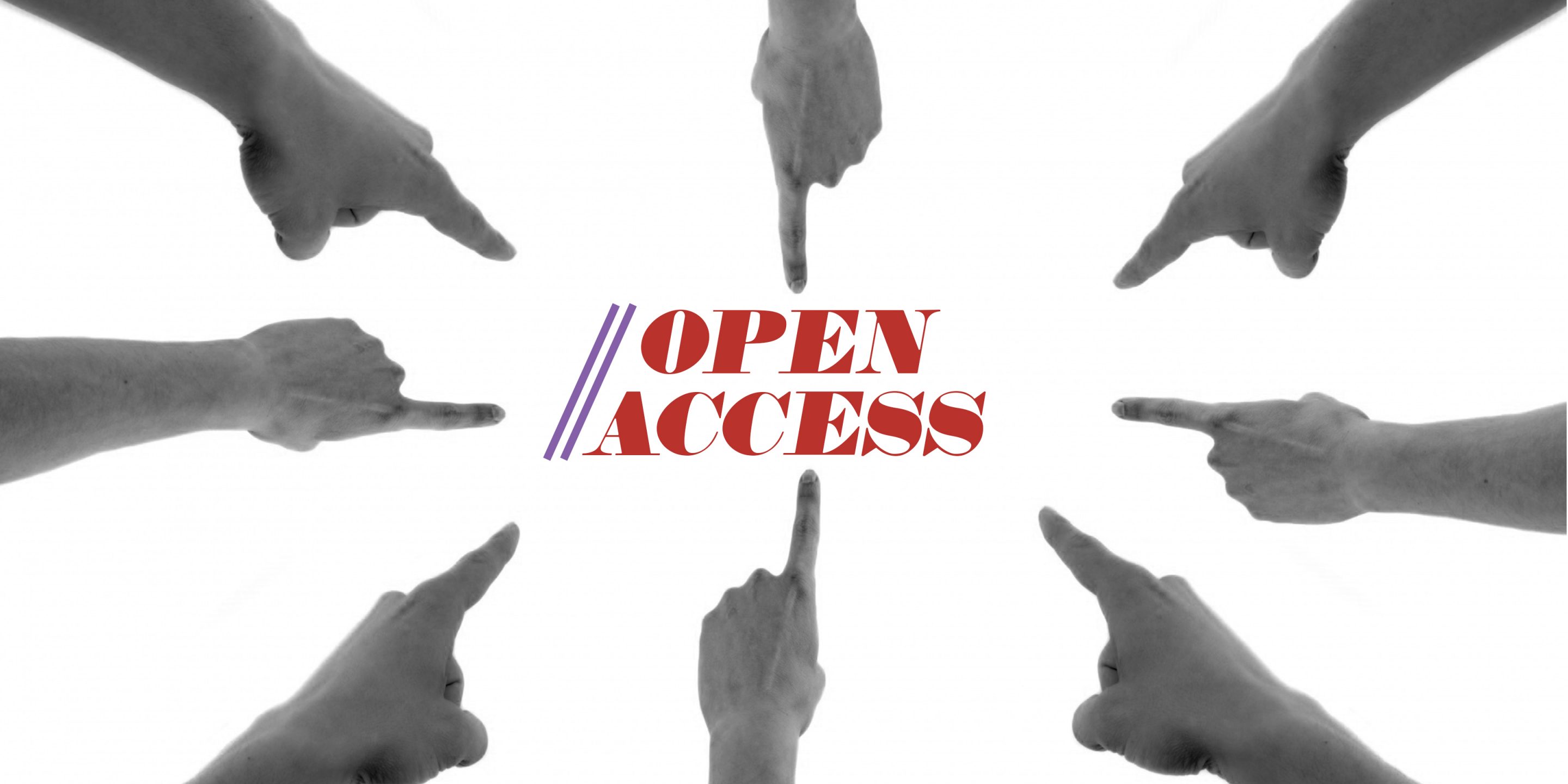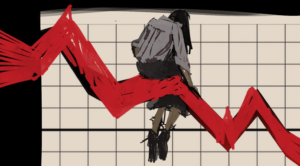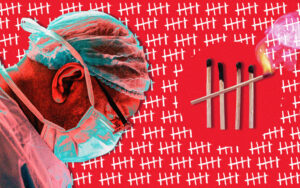So, it looks like I won’t be getting Alzheimer’s Disease early. After looking at my genetic data, it turns out that I have no mutations in familial Alzheimer’s genes and two copies of the most protective variant of the APOE gene, which lowers my Alzheimer’s risk to well below the national average. If I do get Alzheimer’s, it’ll likely be in my eighties, at which point, well, isn’t everyone a little off? I know I’ll have a life now, and that means everything to me.
My family asked me how I found this out. Well, I participated in a 23andMe study, so I got that information for free. I sent it off, waited six weeks, and got results. I asked a Facebook group how to interpret them and got recommendations for a database, paid $10, and uploaded my data. Within two minutes, the company emailed me a link, clicked on it, and the first thing I saw was “APOE2/2 homozygous,” which is the most protective variant. While tentatively celebrating, I typed in other genes and got results, neatly color-coded by red for “bad” and green for “good.” Some were just grey, which was the neutral or the most common variant.
The information is scarily accurate. I have an extremely rare gene for premature birth (born at 28 weeks gestation), for autoimmunity (have that too), for positive response to certain medications (which I’ve had excellent experiences with)—it was almost like reading my life story. They even predicted that I’d respond better to Tylenol than Advil, which I always have.
The results were, generally speaking, good news. A gene for hypertension doesn’t scare me, and if I die of heart disease, at least I’ll still die as me. I was excited, intrigued, and overall relaxed by what I found. In hindsight, I’m only sorry I waited so long.
Still, what if that hadn’t been my experience? What if I did have copies of APOE4, or a mutation in a familial Alzheimer’s gene, or another disorder that nothing could be done about? I could have found out some serious, life-changing information for only $10 and a couple of clicks. Would I have been able to deal with that? I can’t say for certain. Not everyone who does these tests will have the same outcome as I will, and some will undoubtedly find information they weren’t prepared for and didn’t want. If I found out I had a mutation in BRCA, a gene conferring a high-risk for breast cancer, would I have spent my whole life worrying?
More commonly, there’s the potential for misinterpretation. Now, I’m pretty scientifically literate. I can tell you what certain genes do, but I can’t reliably interpret the thousands of genetic variants the service sequences, and I doubt many people accessing these services can.
For example, I have a variation in a gene called MTHFR—not a big deal, and the only really proven thing is that I’m more likely to have a child with a neural tube defect if I don’t supplement folate during pregnancy. However, the bright red tag on the gene and the tags “cancer,” “migraines,” and “dementia,” among others, would be enough to terrify anyone, even though none of these things have been proven. In fact, there are blogs set up called “Living with MTHFR,” as if it’s a chronic illness of some kind. Meanwhile, at least half of the population has at least one copy of this variant, and nearly 10% has two. Clearly, it’s not going to have a big effect on their lives, or more than half the planet would be horribly ill.
Now, imagine somebody gets this test and they don’t bother to research it, or even read the information the website provides—saying that the information is not a guarantee, that the impact of these genes is not serious, that variants are incredibly common, etc. They worry, and that causes pain. In a self-fulfilling prophecy, your thoughts can make you nearly as ill as your body.
Even just a few years ago, to get this information, I’d need probable cause. I’d need to see a genetic counselor, and they would assess my readiness to know the information before they tell me anything.
Even though the system of genetic counseling isn’t accessible, genetic testing over the internet cannot be the answer. So what is? I think it’s a go-between, where genetic testing like the test I did should not reveal serious medical information that affects the individual’s life. For example, the genetic information accessible to online consumers should be restricted to non-medical or “trivia” information, while more serious information should have to be interpreted or requested by a doctor. It’s not fair to the patients to expose them to information without an explanation.








Great article, based on your findings, I hope we are related!
Jen Zaritsky, Georgetown University – BA (Sociology and Pre-med), 2004.